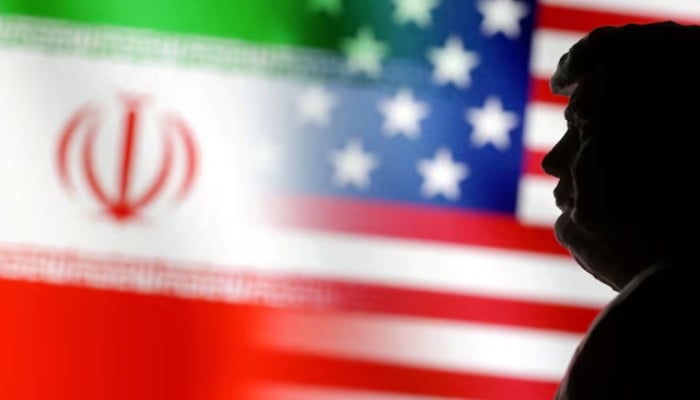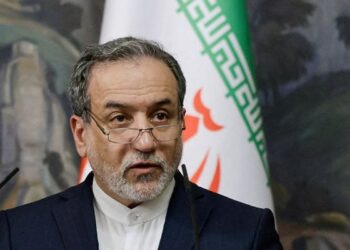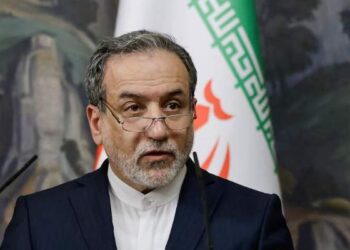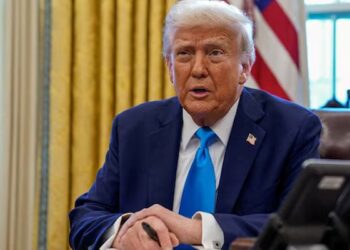- Iran aims to lower expectations for a swift agreement.
- Both parties termed the initial discussions last week as fruitful.
- The U.S. demands a halt to Iran’s enrichment of uranium.
DUBAI: Iran and the United States are set to initiate another round of nuclear discussions in Rome on Saturday, focusing on the longstanding tensions regarding Tehran’s nuclear ambitions. This comes amidst President Donald Trump’s warning of potential military action if negotiations do not yield results.
Iran’s Foreign Minister Abbas Araqchi and Trump’s Middle East representative Steve Witkoff will conduct their negotiations through intermediaries from Oman, following a previous round of talks in Muscat that both parties considered to be productive.
Tehran has been cautious about fostering hopes for a rapid resolution after remarks from some Iranian officials implied that sanctions might soon be lifted. Supreme Leader Ayatollah Ali Khamenei conveyed this week that he feels “neither overly optimistic nor pessimistic” about the negotiations.
Meanwhile, Trump stated to reporters on Friday, “My objective is simple: to prevent Iran from acquiring a nuclear weapon. They are not allowed to have one. I wish for Iran to thrive and succeed.”
During his first term, Trump abandoned the 2015 nuclear agreement between Iran and six world powers in 2018 and reinstated tough sanctions against Tehran. Since returning to the presidency in January, he has reinvigorated his “maximum pressure” strategy towards Iran.
The U.S. insists that Iran must stop its production of highly enriched uranium, which Washington suspects is intended for developing nuclear weapons.
Iran has consistently maintained that its nuclear program is peaceful and is open to discussing certain restrictions in exchange for a removal of sanctions. However, it seeks strong assurances that the U.S. will not backtrack as it did in 2018.
Since 2019, Iran has surpassed the uranium enrichment limits established in the 2015 agreement, accumulating stockpiles significantly beyond what is deemed necessary for civilian energy purposes.
An anonymous senior Iranian official outlined the country’s red lines, indicating that Iran will never agree to dismantle its uranium-enriching centrifuges, completely halt enrichment activities, or decrease its enriched uranium reserves below the amounts specified in the 2015 deal. Iran also refuses to engage in discussions regarding its defense capabilities, including missiles.
Even as both Tehran and Washington express commitment to diplomatic resolution, significant differences remain in resolving this dispute that has persisted for over twenty years.
Witkoff and Araqchi had a brief exchange at the end of the first round last week, but there have been no direct negotiations between the two nations since 2015. Iran has confirmed that the upcoming discussions in Rome will also be indirect, facilitated by Omani mediators.
Russia, a signatory to the 2015 nuclear agreement, has offered to “assist, mediate, and play any role” conducive to advancing negotiations between Iran and the United States.






